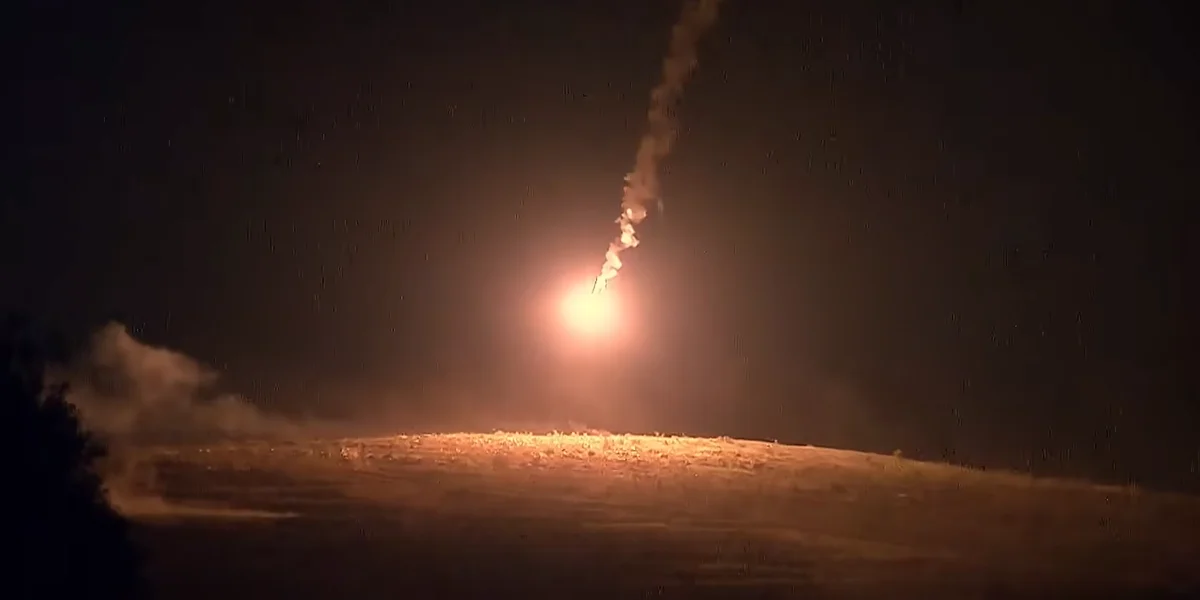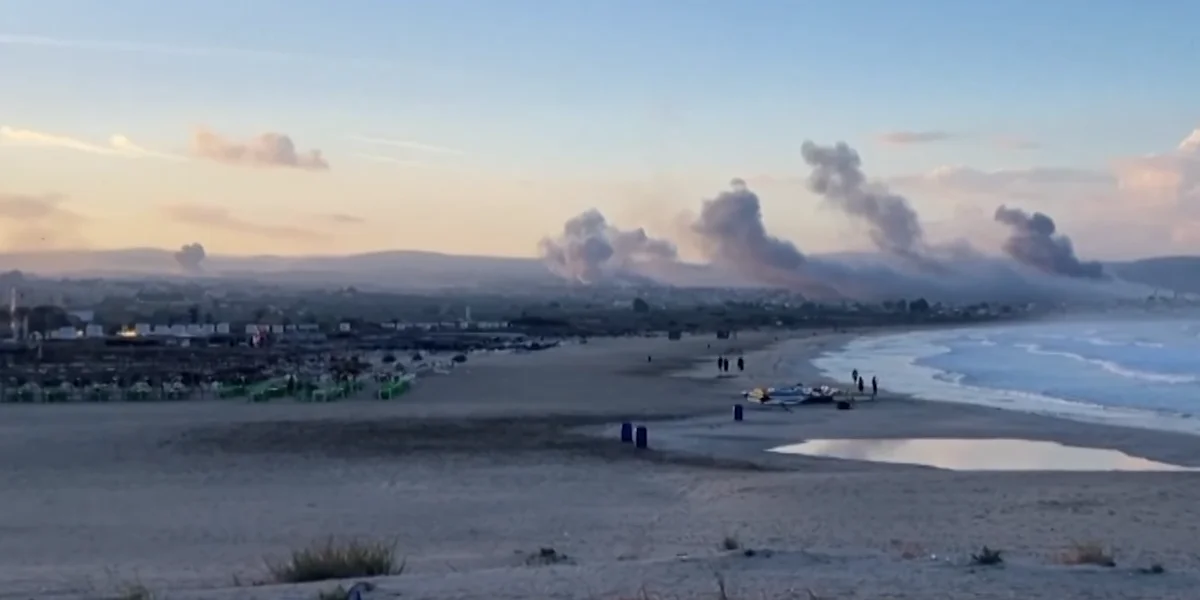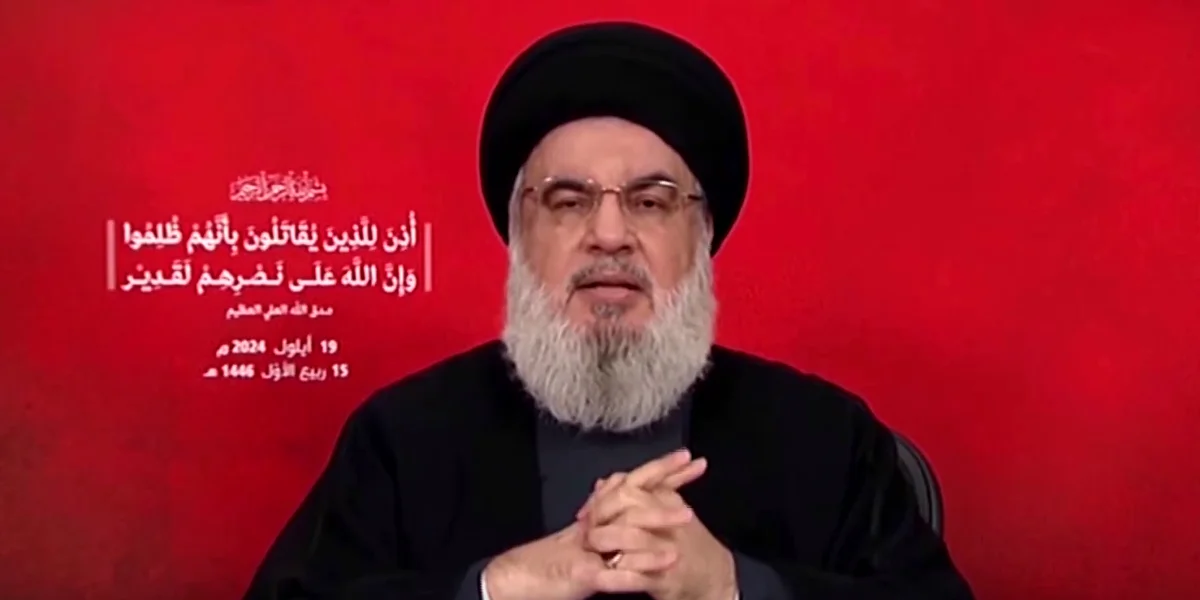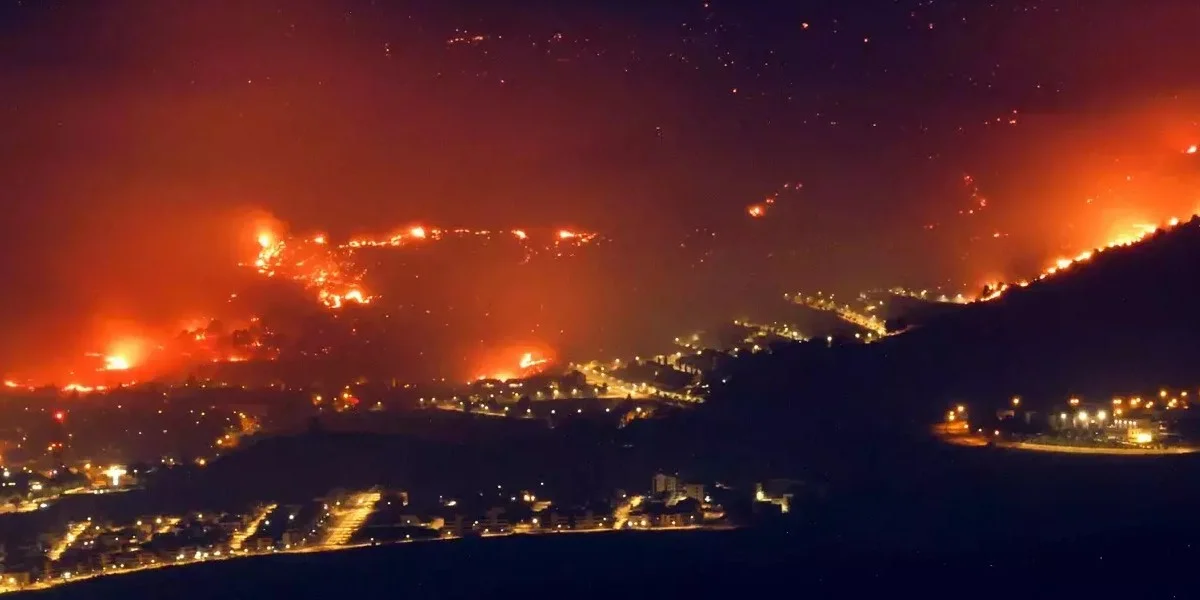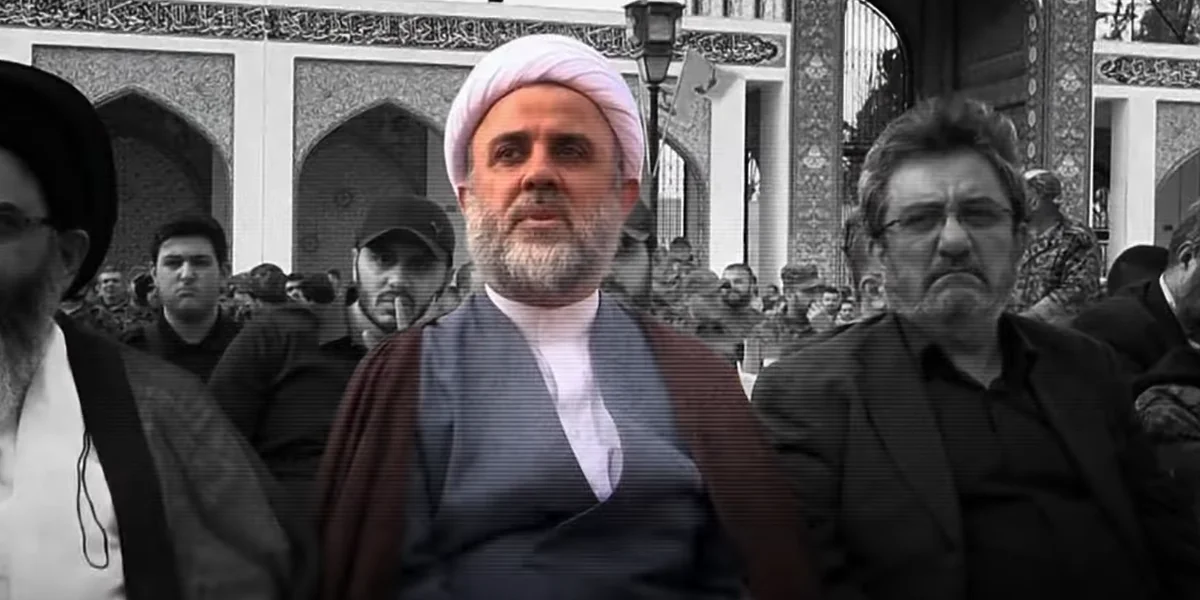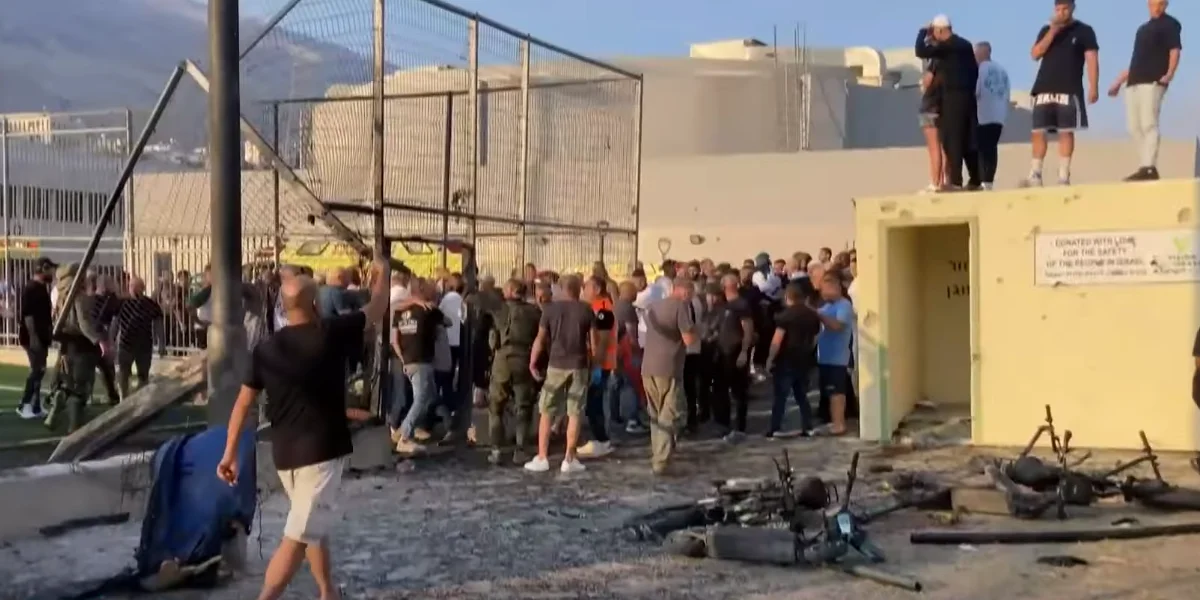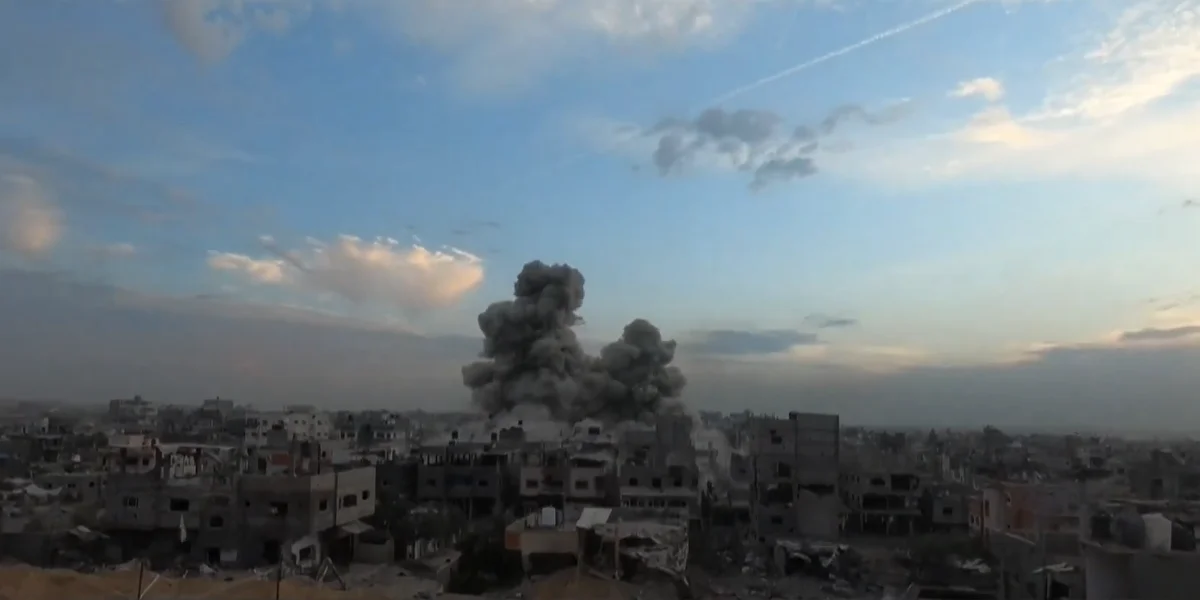Iran launched a ballistic missile attack against Israel
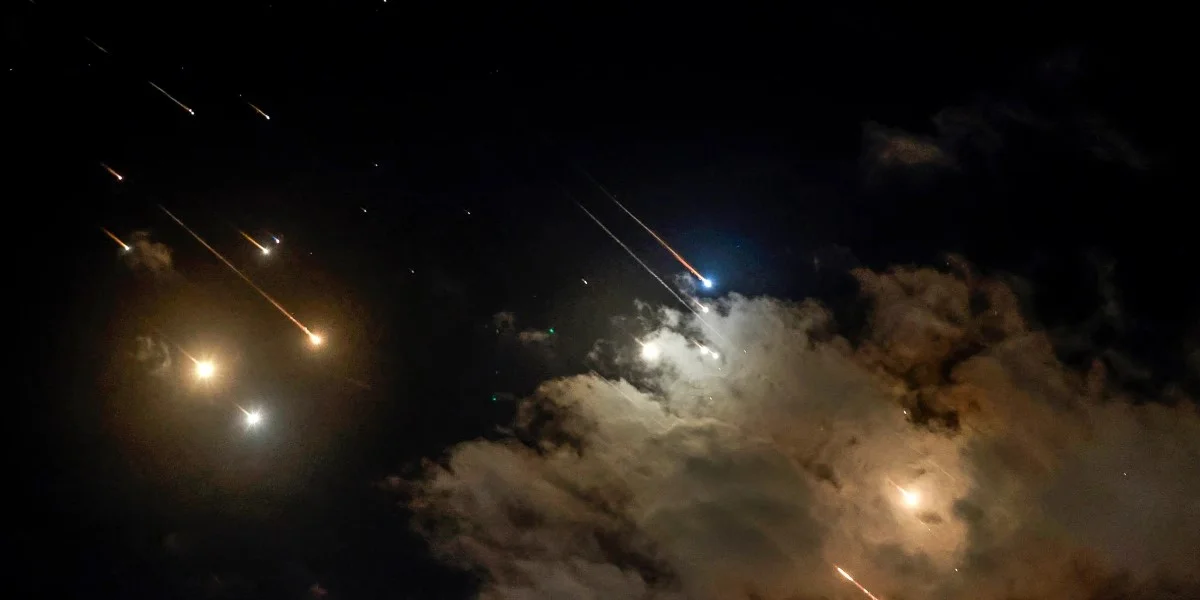
Israeli forces moved into southern Lebanon on Monday with the intention of conducting "limited, localized, and targeted ground raids" against Iran-backed militant group Hezbollah. The operation, which intends to push Hezbollah forces away from the Israeli border, is expected to take only a few days, not weeks, according to U.S. sources.
Israel informed the United States that the objective of the incursion into southern Lebanon is to drive Hezbollah forces away from the Israeli border and target their infrastructure, including weapons and stockpiles, according to a U.S. official, an official in the Biden administration, and a source familiar with the planning.
“The IDF [Israel Defense Forces] began limited, localised, and targeted ground raids based on precise intelligence against Hezbollah terrorist targets and infrastructure in southern Lebanon,” the military said in a statement on X early on Tuesday.
“These targets are located in villages close to the border and pose an immediate threat to Israeli communities in northern Israel,” it continued, adding: “Operation ‘Northern Arrows’ will continue according to the situational assessment and in parallel to combat in Gaza and in other arenas.”
Lebanese media reported early on Tuesday that Al Jazeera claimed numerous casualties from a strike that targeted a building in the Ain al-Hilweh refugee Palestinian camp near Sidon.
Early on Tuesday, the Lebanese health ministry announced that at least 95 people had died and 172 had been injured as a result of Israeli strikes on Beirut, the eastern Bekaa Valley, and southern regions of Lebanon during the preceding 24 hours.
In an area where Israeli infantry and armor had entered Lebanon during the 2006 conflict, there was intense gunfire into Lebanon along the border, north of Kiryat Shmona. The official news agency of Lebanon reports that airstrikes are still going on in Beirut and at least ten other southern locations in the nation.
A Pentagon synopsis of the discussion states that Israeli Defense Minister Yoav Gallant and Defense Secretary Lloyd Austin spoke on the phone on Monday "to review security developments and Israeli operations."
According to a statement from the Pentagon spokesperson Maj. Gen. Pat Ryder, Austin and Gallant "agreed on the necessity of dismantling attack infrastructure along the border to ensure that Lebanese Hizballah cannot conduct October 7-style attacks on Israel's northern communities."
Asked earlier on Monday if he was aware of the incursions by Israeli special forces into southern Lebanon, President Joe Biden told reporters, "We should have a ceasefire now." "It's okay if they stop," declared the president.
According to a US defense official, Iranian ballistic missiles were intercepted by US Navy destroyers in the eastern Mediterranean Sea on Tuesday.
The USS Arleigh Burke, USS Cole, and USS Bulkeley are the three guided-missile destroyers that the US currently has in service in the eastern Mediterranean.
On April 13, US destroyers assisted in thwarting Iran's onslaught of ballistic missiles and drones, destroying multiple missiles aimed towards Israel.
The Iranian missile attack against Israel was deemed "totally unacceptable" by US Secretary of State Antony Blinken, who also stated that "the entire world should condemn it."
Blinken said this attack included “some 200 ballistic missiles.” At first, Israel estimated that 180 missiles had been fired toward the nation.
Blinken continued, "Israel effectively defeated this attack."
Blinken was giving a speech at the State Department prior to an appointment with the minister of external affairs from India.

